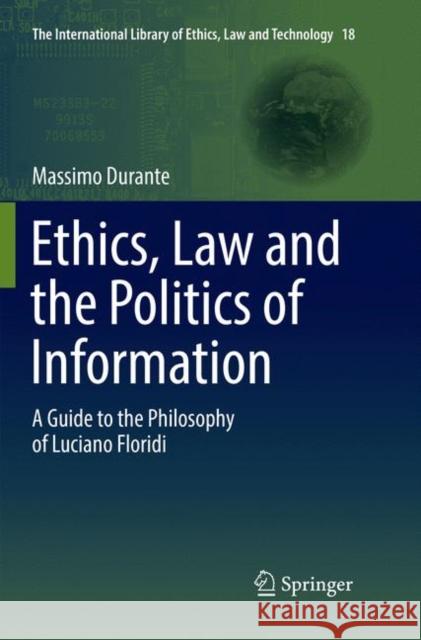Ethics, Law and the Politics of Information: A Guide to the Philosophy of Luciano Floridi » książka
topmenu
Ethics, Law and the Politics of Information: A Guide to the Philosophy of Luciano Floridi
ISBN-13: 9789402414981 / Angielski / Miękka / 2018 / 224 str.
Ethics, Law and the Politics of Information: A Guide to the Philosophy of Luciano Floridi
ISBN-13: 9789402414981 / Angielski / Miękka / 2018 / 224 str.
cena 441,75
(netto: 420,71 VAT: 5%)
Najniższa cena z 30 dni: 424,07
(netto: 420,71 VAT: 5%)
Najniższa cena z 30 dni: 424,07
Termin realizacji zamówienia:
ok. 22 dni roboczych
Dostawa w 2026 r.
ok. 22 dni roboczych
Dostawa w 2026 r.
Darmowa dostawa!
Kategorie BISAC:
Wydawca:
Springer
Seria wydawnicza:
Język:
Angielski
ISBN-13:
9789402414981
Rok wydania:
2018
Wydanie:
Softcover Repri
Ilość stron:
224
Waga:
0.32 kg
Wymiary:
23.16 x 16.08 x 1.19
Oprawa:
Miękka
Wolumenów:
01











